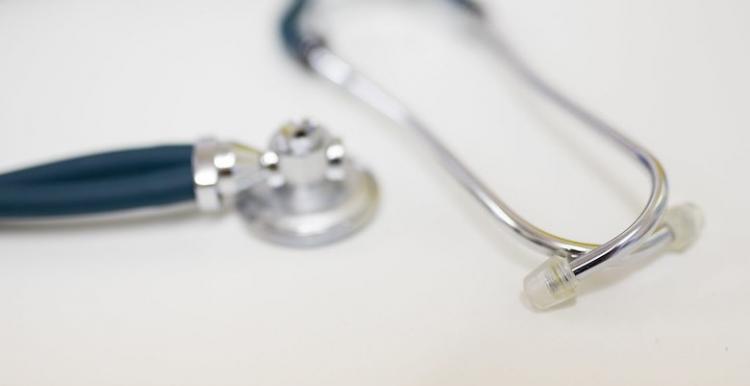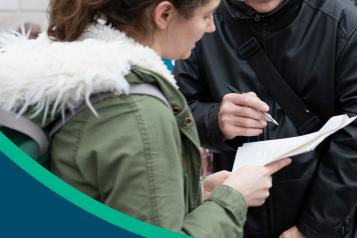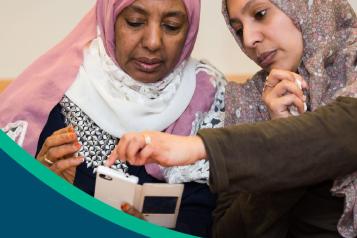Who can help you at your GP practice?

Who can help you at your GP practice?
Most GP surgeries have some or all of these roles.
What does a GP do?
Your GP can advise, give you the medicines you need and point you in the right direction if you need other specialist services. General practitioners (GPs) treat all common medical conditions, and will arrange for you to see a specialist, or to receive urgent treatment for a serious condition, if needed. GPs can provide advice on managing minor conditions and can help you to manage longer term conditions such as diabetes, asthma, high blood pressure, heart disease to name a few. GPs help you to look after your mental health as well as your physical health. If you are feeling anxious, depressed or feel you are not coping emotionally, you should make an appointment with your GP. They will arrange for you to see a specialist if needed. It is important to see a GP as soon as you start to notice any worrying symptom, for example, a cough which lasts a long time or a small lump in your breast. The GP will arrange for tests, if required, which may help to identify a serious illness such as cancer at an early stage, which will increase your chance of a full recovery. They can also reassure you if there is nothing to worry about. GPs can also help you and your family to stay healthy, and can give advice and support on how to give up smoking and lose weight.
What does a Practice Nurse do?
The Practice Nurse can carry out men’s and women’s health screening, including: height, weight and blood pressure checks; smear tests and can help you with stopping smoking. You can see the practice nurse, if your child needs immunisation. The practice nurse can also help you manage long-term conditions such as asthma, diabetes and mental health. The Practice Nurse can talk to you about pregnancy, sexual health, family planning and contraception. The Practice Nurse can give you advice before travelling and provide you with vaccinations. The practice nurse can also, in some instances, ask for tests and prescribe medicines.
What does a Medical Receptionist do?
The Medical Receptionist is usually the first person you will meet at your GP practice. They are responsible for: registering you at the practice and providing you with information and advice; answering the phones and booking your appointment and helping you when you arrive for your visit including letting the doctor or nurse know that you are at the practice and telling you which room your appointment will be in. The Medical Receptionist can help you with booking an interpreter.
What does a Practice Secretary do?
The Practice Secretary helps with typing referral letters from your GP to the hospital and booking your transport for hospital appointments. You should contact the practice secretary to check if your referral has been sent off, if you have been waiting a long time for an appointment after your referral and to check the status of your medical forms. The Practice Secretary can help you with booking an interpreter.
What does a Healthcare Assistant do?
The Healthcare Assistant can help with taking blood samples. You can see the Healthcare Assistant if you need your height, weight and blood pressure checked. The Healthcare Assistant can also give you diet and lifestyle advice. Some Practice Nurses and Healthcare Assistants provide wound care, for example stitch removal and bandage changes. Please ask the medical receptionist to confirm what services the nursing team can provide.


